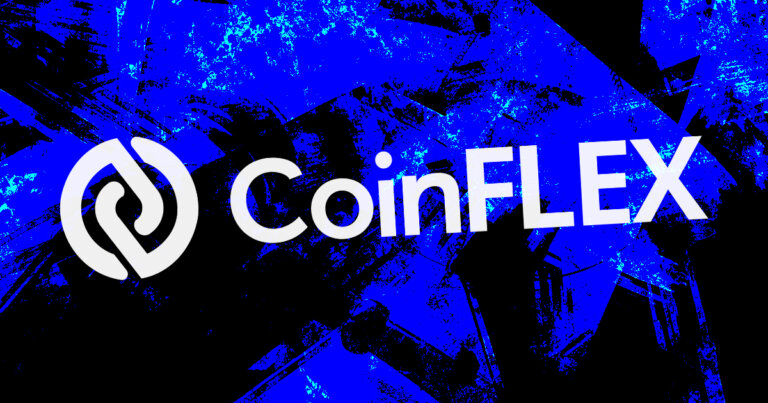 CoinFLEX could drive up creditor equity value via GTX venture — and rebrand
CoinFLEX could drive up creditor equity value via GTX venture — and rebrand CoinFLEX could drive up creditor equity value via GTX venture — and rebrand
GTX could indirectly compensate CoinFLEX users who lack access to their funds.

Cover art/illustration via CryptoSlate. Image includes combined content which may include AI-generated content.
CoinFLEX could indirectly compensate its creditors with equity value resulting from the launch of the newly-unveiled GTX exchange, according to a Jan. 16 statement.
The company made several statements suggesting that CoinFLEX creditors, who are currently prevented from fully withdrawing funds, could benefit from GTX.
That value would come from equity. In September, CoinFLEX’s restructuring proceedings determined that users own 65% equity in the company. In light of that development, the company said today that funds spent on GTX should drive up the value of CoinFLEX’s own equity, which should in turn increase the value of equity issued to creditors.
CoinFLEX also said it could rebrand under GTX’s name — or rather, whatever name replaces that placeholder designation. It added that it could launch various other exchanges. All those entities would exist under one holdings company, implying that creditors could gain equity in companies other than CoinFLEX.
CoinFLEX noted that it plans to provide more information about its proposed plans once a partnership or funding round is fully established.
Earlier today, a leaked pitch deck revealed that CoinFLEX’s two main founders, Mark Lamb and Sudhu Arumugam, are raising $25 million for GTX in cooperation with Three Arrows Capital (3AC) founders Su Zhu and Kyle Davies.
Lamb and Arumugam will retain management roles at CoinFLEX. Lamb will specifically maintain his position as CEO, according to CoinFLEX’s statement today.
CoinFLEX said that it posted today’s update to clarify misconceptions about the nature of GTX. Comments elsewhere suggest that CoinFLEX’s users were concerned that the team would move to another exchange that will not include its existing customers and creditors — something that the company has now explicitly denied.
However, complaints from the crypto community seem to be due to the companies’ poor reputation rather than misinformation. All those involved failed badly last summer: CoinFLEX halted withdrawals in late June and soon filed for restructuring. 3AC filed for bankruptcy last July, while Zhu and Davies fled 3AC’s home country (Singapore) shortly after that.
As such, CoinFLEX is unlikely to earn the general crypto community’s trust due to its own insolvency and its decision to work with 3AC’s founders.































































